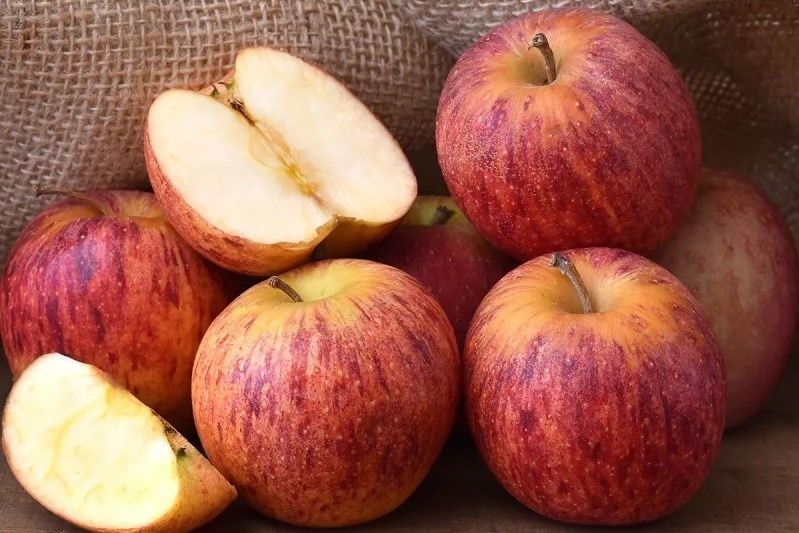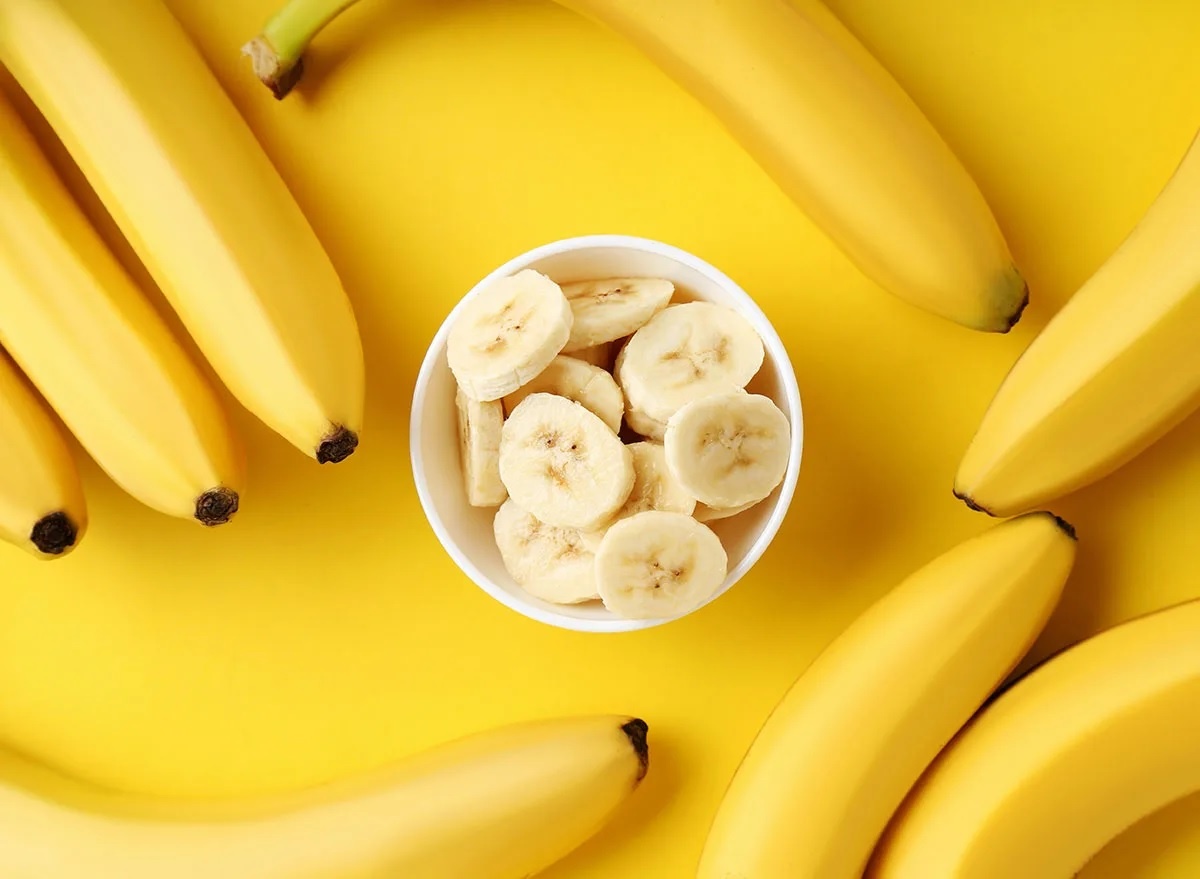Eating fruit regularly helps provide vitamins, essential minerals, antioxidants and fiber.
In addition to being healthy, most fruit is sweet and watery. However, only about 12% of Americans eat the recommended 1.5 to 2 servings of fruit per day, according to a report from the CDC.
Eating fruit regularly helps you get vitamins, essential minerals, antioxidants, and fiber. For the most part, people who eat more fruit have a reduced risk of heart attack, stroke, and cancer.
In fact, a 2021 Australian study found that people who ate at least two servings of fruit a day had a 36% lower risk of developing type 2 diabetes than those who ate less.
Apple
Apples are an excellent source of fiber, especially pectin, a type of soluble fiber that is especially helpful for the gut and heart.
Dietician Brittany DeLaurentis said: “Apples are very rich in fiber, which helps lower cholesterol.”
A small February 2020 study from the American Journal of Clinical Nutrition found that eating 2 apples a day for 8 weeks reduced total cholesterol, LDL (bad cholesterol), triglycerides, and other markers of heart disease in people with high cholesterol levels.
The type of soluble fiber found in apples is pectin. “Pectin is also a prebiotic that helps feed the good bacteria in the gut,” says nutritionist Amanda Sauceda.
The pectin in apples plays a role in helping with allergies by affecting the gut microbiome.

Mango
One cup of mango has 2.6 grams of fiber, accounting for 67% of vitamin C and 60% of vitamin A for the body.
Mangoes are one of the best sources of carotenoids, which can be found in the pulp and peel. Carotenoids play a role in reducing the risk of cancer and protecting eyesight.
Cherry
Cherries are a delicious and nutritious fruit packed with many health-promoting nutrients, including antioxidants, anti-inflammatory compounds that provide numerous health benefits such as reducing inflammation and oxidative stress.
Whether you choose sweet or sour cherries, you’ll get anti-inflammatory benefits.
Strawberry
Strawberries are a fruit with many health benefits. It’s also a great choice for people with diabetes or on a low-carb diet.
Strawberries are a good source of the antioxidant anthocyanin, which has been shown to reduce inflammation, oxidative stress, and insulin resistance, all of which are risk factors associated with type 2 diabetes.

Blueberry
Blueberries contain many antioxidants. Eating berries at least twice a week is an important part of the MIND diet – a neuroprotective diet.
Wild blueberries are smaller than farmed blueberries, but they’re packed with anti-inflammatory benefits, and have twice as many healthful antioxidants as regular blueberries.
Regular consumption of wild blueberries has been shown to improve memory and slow brain aging.
A 2018 study published in the European Journal of Nutrition found that older adults who ate a cup of fresh blueberries daily for three months experienced significant improvements in mental cognitive tests.
Prunes
5-6 prunes provide 3 grams of fiber and help promote bone health.
One small study found that eating just five prunes a day helped prevent total bone mineral density in a group of older women with osteoporosis. Researchers acknowledge the ability of prunes to reduce bone breakdown, although they are uncertain about the mechanism behind it.
Banana
One of the best times to eat bananas is before a workout. They are easy to digest and one banana has 27 grams of carbohydrates, which is enough to fuel people during a workout.
One medium banana gives you 422 milligrams of potassium, which is 9% of your daily requirement. This mineral plays an important role in heart health. Potassium-rich foods help control blood pressure because they help you get rid of more sodium when urinating. Potassium also dilates the walls of blood vessels, helping to lower blood pressure.
One medium ripe banana gives you 3 grams of fiber. That’s about 10% of what you need every day.
Most of the fiber in bananas is soluble fiber. It can help control cholesterol and blood pressure, and help reduce inflammation.
Green bananas are full of resistant starch. It acts like insoluble fiber, the kind that can keep the gut functioning at its best. Resistant starch also helps lower your blood sugar.

Avocado
While most fruit is high in natural sugars, the main nutrients in avocados are healthy fats and fiber.
One-third of an avocado has 100 calories, 9 grams of healthy fat, and 4 grams of fiber. With all that fiber, avocado is a great fruit for gut health.
Avocados also help keep the heart healthy. This fruit has healthy fats and potassium, so it is good for heart health. Studies have found that replacing other fats with avocados can lower LDL (bad cholesterol).
Raspberries
When it comes to fiber, not many fruits can compare to raspberries. One cup of raspberries has 8 grams of fiber and only 64 calories.
A high-fiber diet helps you manage a healthy weight, keep your gut healthy, and even lower your cholesterol.
Adding a cup of raspberries to yogurt for breakfast will provide 21% of your daily fiber needs for men and 32% for women.
Additionally, raspberries are full of antioxidants, anthocyanins, and vitamin C, all of which fight inflammation and promote healthy aging.
Watermelon
Watermelon is high in lycopene, an antioxidant that studies show may reduce the risk of certain cancers and improve heart health.
Also, the watermelon rind is actually edible. It’s rich in fiber and contains beneficial amino acids, like citrulline, which some studies have shown to promote heart health.